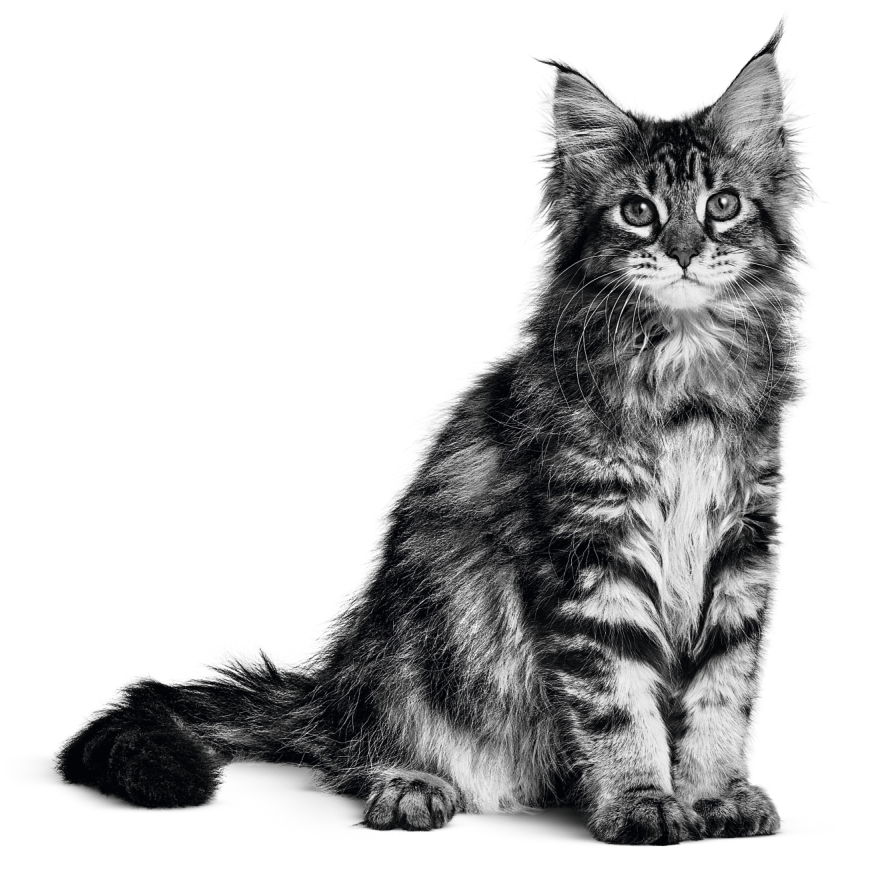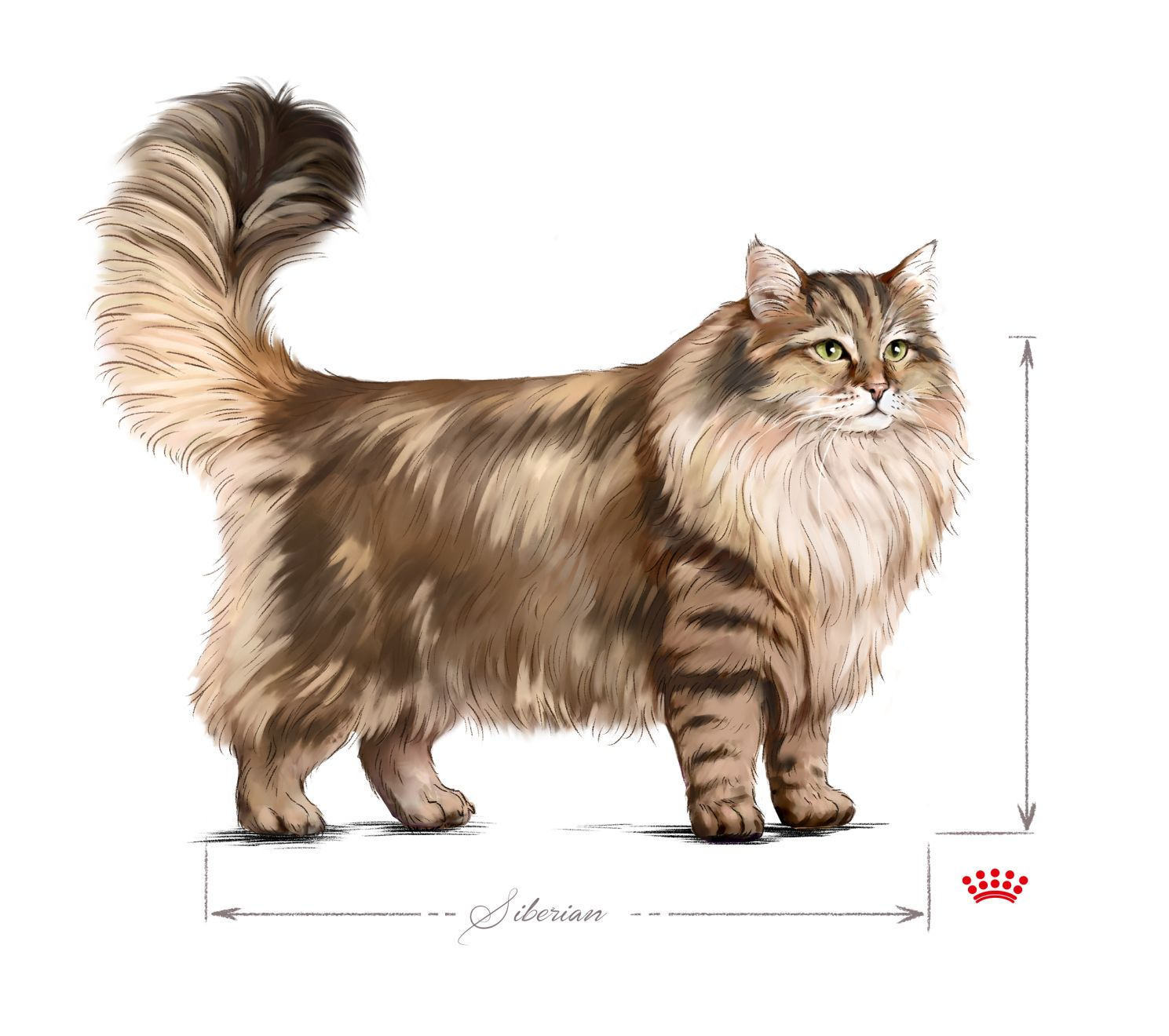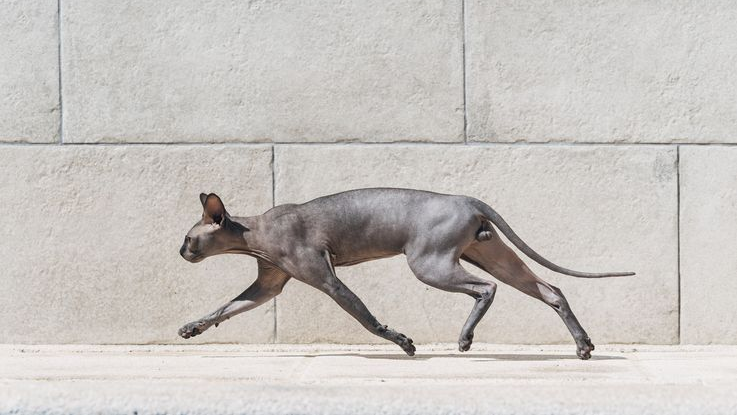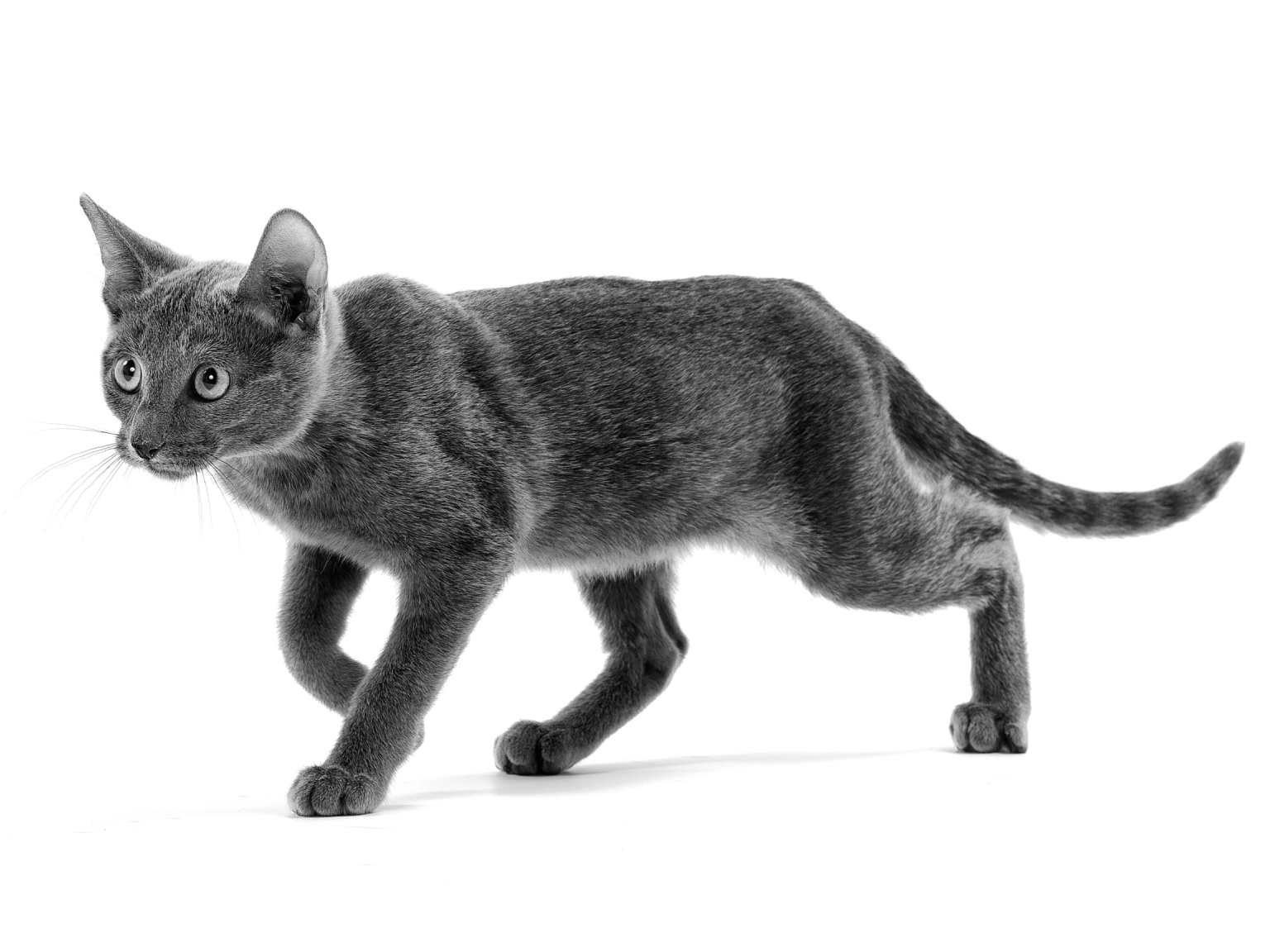
Selecting the right cat breed for you
Getting a cat is an exciting moment, but a big decision. They will be your constant companion, bringing joy, cuddles and fun to your home —and also hair to your furniture, depending on the breed. As their new owner, you have a responsibility to your cat and that starts with doing your research and making sure you have all the information you need to select the right breed for you.
On this page you will find the following:

1. Starting the search
Once you know what you’re looking for in your new pet, and what they’ll need from you, you’ll be able to start your search in earnest. A non-pedigree cat may come from a rescue centre or from friends or family. To take on a pedigree kitten you’ll probably need to track down a breeder. Take your time, ask around and make sure you find a responsible, trustworthy breeder who really cares about their kittens.
Discover our related articles

2. Pedigree or mixed breed
There are many factors to take into account when deciding who will be the newest, furriest member of your household.
Your cat-owning responsibility begins before you even bring your new pet home. First, you need to decide whether to choose a non-pedigree domestic cat (or moggie, as they are affectionately known) or a pedigree cat breed—and if so, which one. Only you can make that choice. The breeding process means that pedigree cats’ behaviour and temperaments are usually well-defined and so easier to predict. However, every cat is an individual and will bring with them their own character and quirks.

Different breed needs
The tiny Singapura and the huge Maine Coon might both be on the long list of breeds that make up the cat species but their needs in terms of space, nutrition and care are quite different. A good first step is to consult a reliable source of information that will help narrow down which breed will fit best with your lifestyle—and expectations. The more information you can obtain, the better prepared you will be to welcome your cat to their new home.
Our cat breed library is a good place to start as you begin to decide on the cat (or cats) that will be right for you.
Selecting your pet: what to consider before you decide
What are you looking for in a cat? Do you see yourself as the owner of a sociable, playful cat, or a calmer, more solitary pet? A cat that enjoys cuddles or one that thrives on games and mental stimulation?
Whether you live in a small apartment or a large house, how much room will your cat have to roam and play, chase and jump? Will your future feline be able to explore outside safely or will they be an indoor cat?
Who will your cat be sharing their life with? Are there several children to play with and a lively, noisy atmosphere? Or will your cat be sharing an adult’s calm and quiet space?
Do you work from home or elsewhere? Is there usually someone at home? Some cat breed profiles can entertain themselves in your absence or while away the hours snoozing. Others, such as Bombays and Korats, for example, really don’t appreciate being left alone for extended periods and may become distressed if you’re away for too long. They may thrive on the company of living with another cat. Either way, no animal should be left alone for very long periods.
If you’ve set your heart on a kitten, you’ll need to make sure you have the time and energy to pay extra attention to your new arrival in their early, critical, weeks of rapid growth, development and socialisation. They will need frequent feeding with the right foods in the right quantities to set them up for a healthy life. There will also be commitments such as vet appointments for vaccinations. Giving a new home to an older cat means you avoid the intensity of that early phase (but also the chance to guide them through their important early months). In any case, your cat will still need plenty of attention—and veterinary care— as they settle in.
Are you set on welcoming just one cat to your home? Some breeds are better suited than others to being the family’s only feline. Likewise, if you already have a dog, cat or other pet that may affect your choice of breed.

Different breeds, different characteristics
Knowing you want to get a cat is one thing. Knowing which of the 60 or so cat breeds is right for you and your home and lifestyle is a little more complicated. But the good news is that there’s plenty of information available to help you decide. Good pet ownership starts with using that information to help you make the right decision. Choosing a cat breed is a lot simpler when you have all the information to hand.
Three great breeds for families with children:
- The gentle and friendly Ragdoll likes being stroked and will thrive on the attention of younger family members
- The lively and affable Maine Coon gets along well with humans big and small but is not too demanding of attention
- Active and playful Cornish Rex cats get on well with other pets and children and are extremely affectionate
The big decision: how to choose the right cat breed
When choosing your new pet, you’ll need to take into account the profile of each cat breed. What are their typical characteristics and will they fit in well with your home, lifestyle and any other family members (human or otherwise)? Plenty of information is available so make good use of it to find the cat with the right temperament and physical attributes for your household.
- A playful and easygoing Chartreux might be an ideal pet for a family with young children and a bit of space (they are known for climbing).
- If you live in a perfect minimalist home, a short- or medium-coat cat may be a wiser choice than a long-coat cat breed. The luxuriant fur that evolved to keep a Siberian cat warm in the tundra may not be compatible with your spotless furnishings.
- The distinctively patterned Bengal cat has boundless energy, something the apartment-dwelling would-be cat owner should bear in mind.
- While some breeds are known in particular for forming strong bonds with their owner, other cats have sociable traits that will mean they are best suited to live as one of a feline pair.
Whatever you decide, make sure you don’t rush the process—your cat will be a big part of your life for many years to come and you need to be confident from the start to ensure their life with you is a contented one.
Find out which food is optimal for your cat’s breed
Every cat is truly one-of-a-kind. That is why your cat deserves personalised care, especially when it comes to nutrition.